Yazidi Home Cassettes in the House of Singers
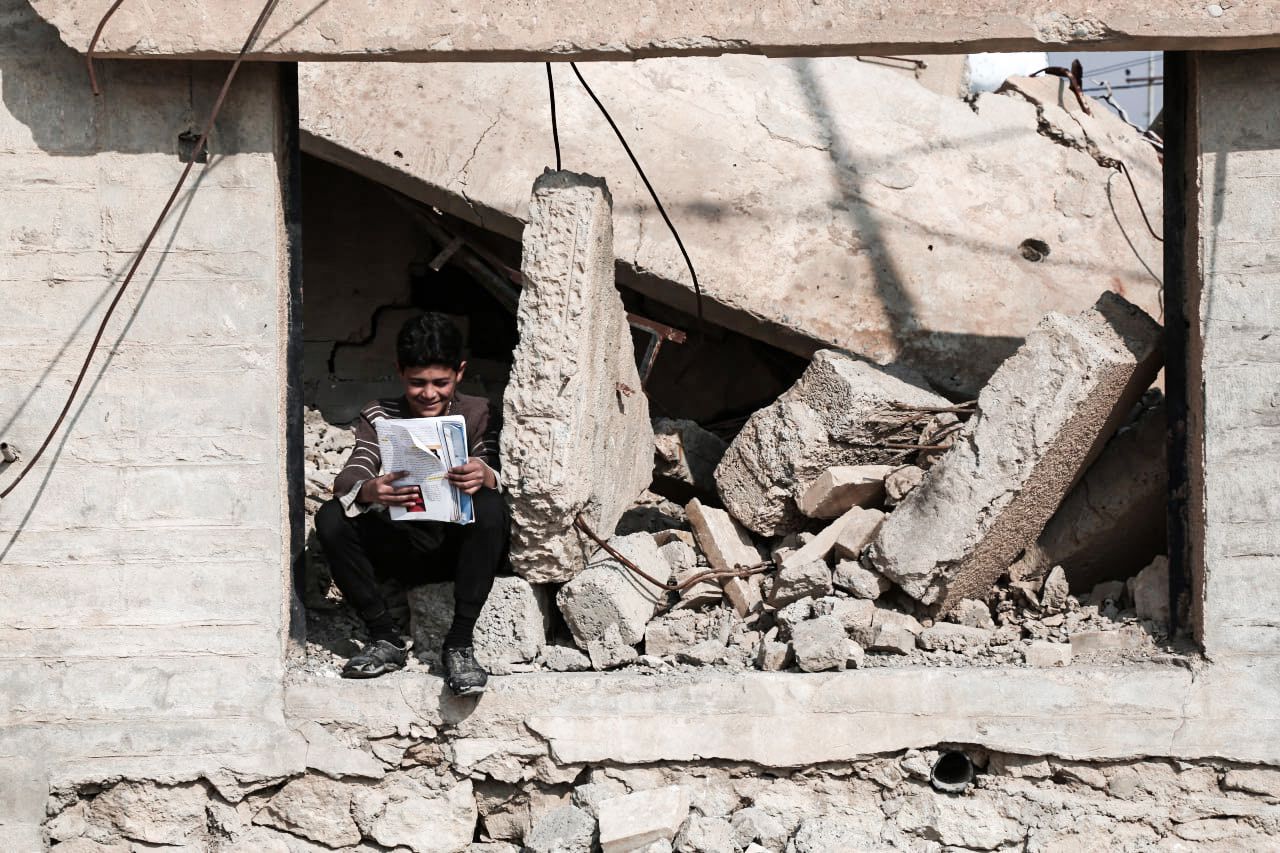
Cassettes used to be in every Yazidi house. They carried thousands of songs and stories for a completely oral tradition. People used to gift them to each other. Cassettes transmitted not only people’s music, but also their memories of gathering and loving. The recordings kept Yazidi cultural and spiritual practices alive. Cassettes created a shared network that housed traditions for the whole community. During the Yazidi genocide in 2014, along with other artifacts, ISIS tried to destroy these home recordings because they knew that sharing art and history strengthened the Yazidi society.

Musician, organizer, and community historian Fahad Harbo prevented ISIS’s success. After surviving the genocide, Fahad returned to his native Shingal (also known by its Arabic name, Sinjar) and sifted through the rubble of his community. Over the course of a decade, he and his brother unearthed more than 500 cassettes from destroyed houses, each containing songs and stories of murdered families.
With these precious documents now under his protection, Fahad wants to ensure that nobody can take their contents away from the Yazidis of Shingal again. Through a collaboration with MiC, Fahad will work with archivist Rênas Babekir to digitize and catalogue all the rescued cassettes. The recordings will then go through a rigorous process of audio repair to restore these lost voices. MiC will host the recordings on our website as a digital archive, giving free access to listeners worldwide.
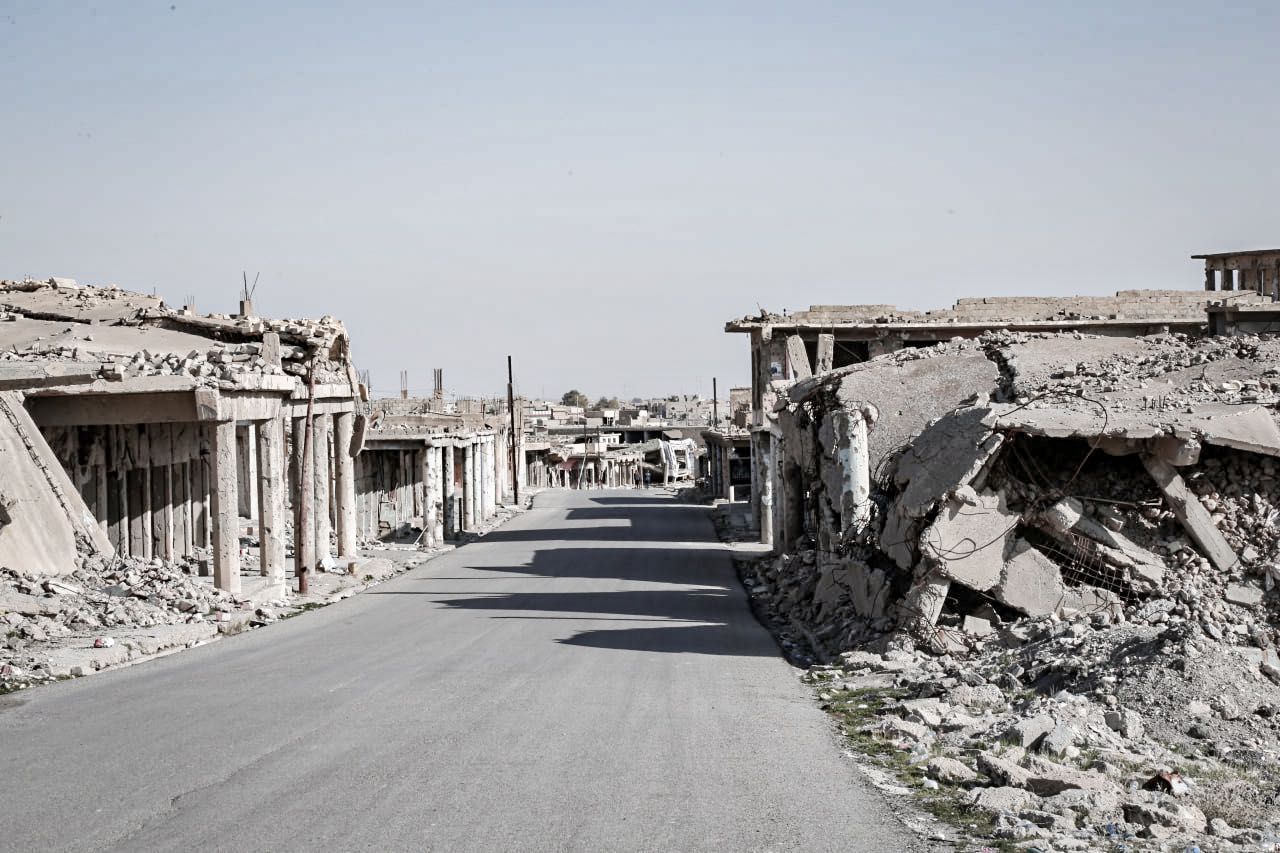
We will also convert the restored audio into CDs, returning them at no cost to the Yazidi community in Shingal, so that people without stable internet access can still reliably learn from their elders who are not alive to teach. A selection of musical recordings from this collection will become available for purchase as an album through MiC’s record label.
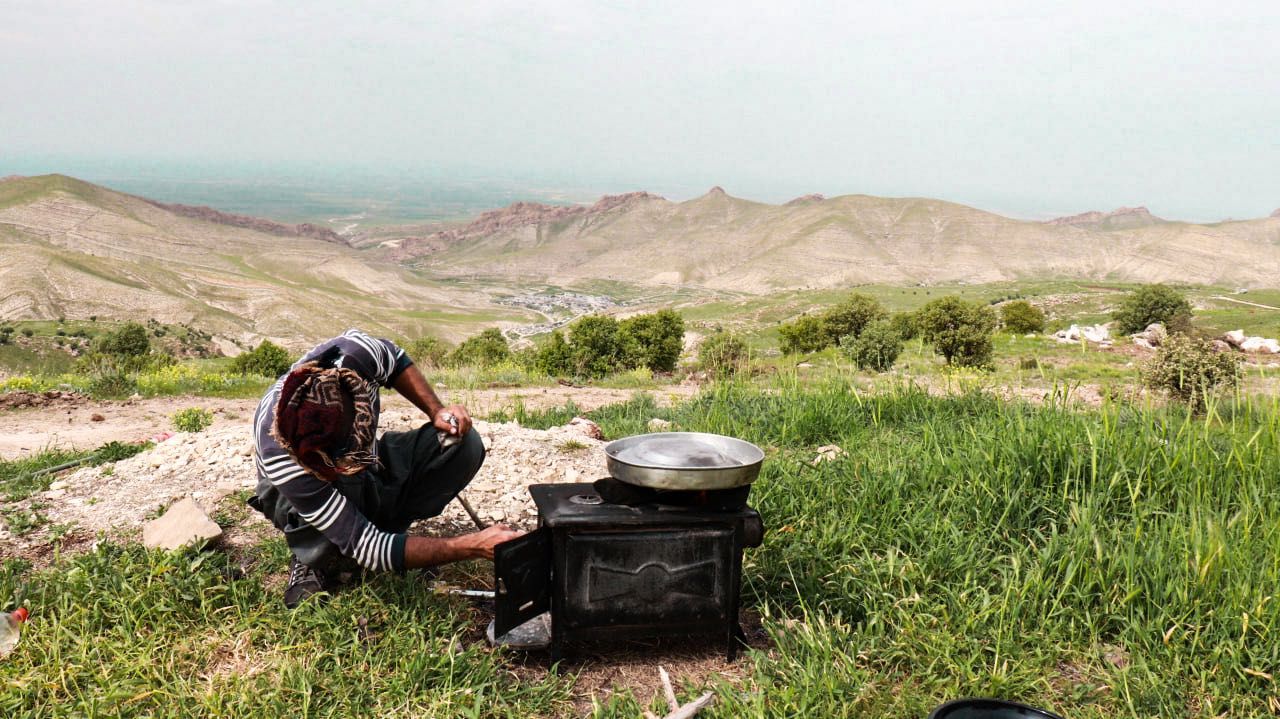
While this is incredibly important work on its own, it only solves part of the problem faced by Fahad. There is no place for him to safely archive the existing tapes, accept more tapes from community members, and share the recordings with local listeners. As Fahad says, digitizing the cassettes only partially preserves Yazidi oral traditions. That is why there needs to be a way for his project to continue to serve future generations of Yazidis in Shingal.
To that end, Fahad wants to build the Mala Dengbêjan, the “House of Singers,” as an archive, a library, and a community center — housing the cassettes and fostering engagement with endangered Yazidi oral traditions. In this house, built in the traditional Yazidi style, people will be able to gather around once again, listening to old recordings, making new ones, and learning from each other. It will be a permanent home for the cassettes, and a place of creativity for new projects. Along with helping conserve and digitize the cassettes, MiC will support Fahad in his mission to build this community archive and cultural center.
Meet The Project Managers
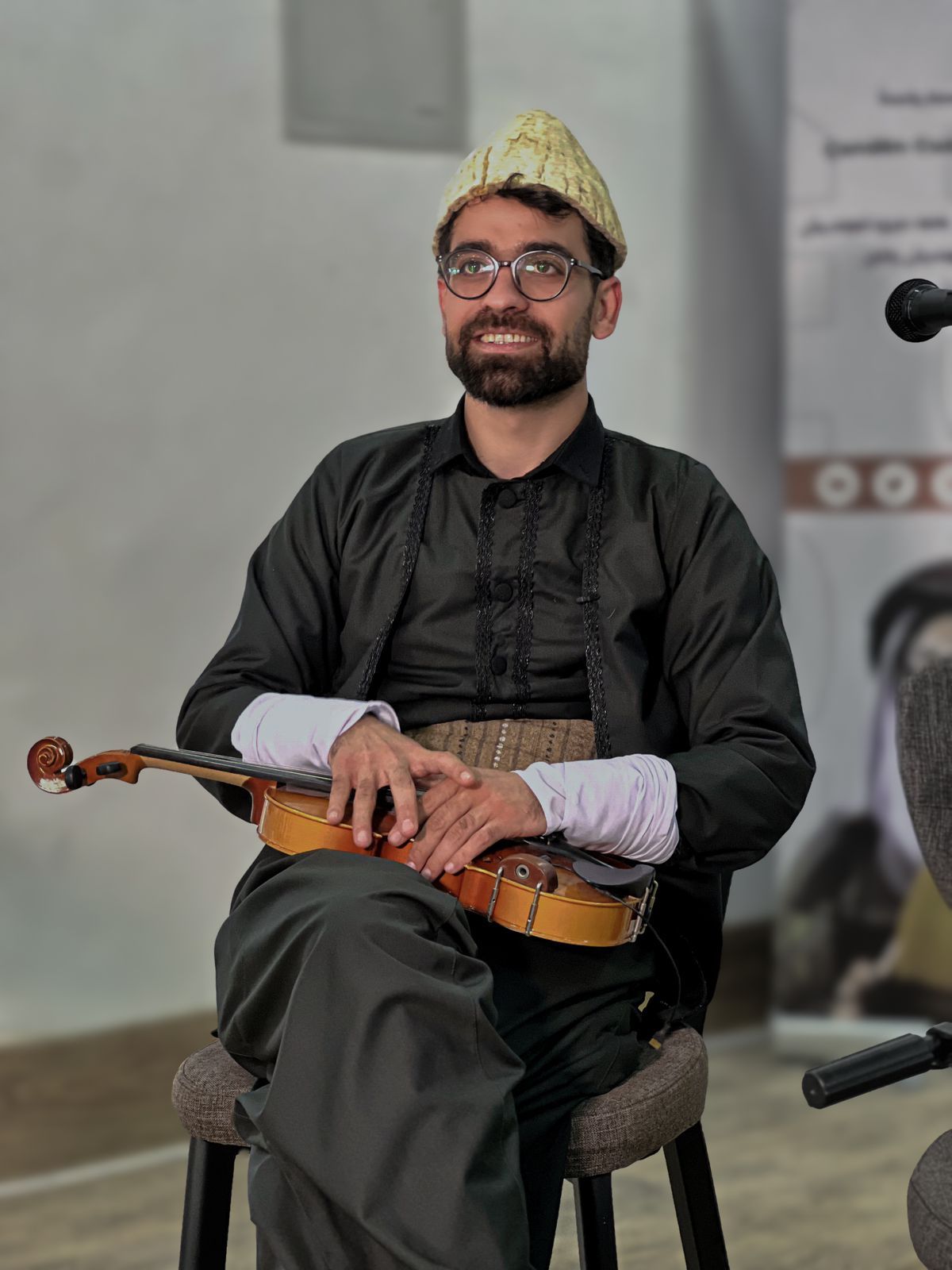
Fahad Harbo Kheder is a musician, oral historian, and co-founder of the Mirzo Music Institute in Sinjar, Iraq. Currently pursuing a BA in English Literature at the American University of Iraq–Sulaimani, he holds a diploma in music from the Art Academy in Qamishli. Deeply rooted in Yazidi cultural and spiritual practices where oral traditions are central, Fahad has dedicated his work to preserving endangered songs, stories, and rituals passed down through generations. Through field recordings, translations, and performances, he has documented and revived oral heritage as a means of healing, resistance, and identity for his community after genocide. His projects merge music, memory, and activism; and have reached audiences across Iraq, Europe, and beyond.
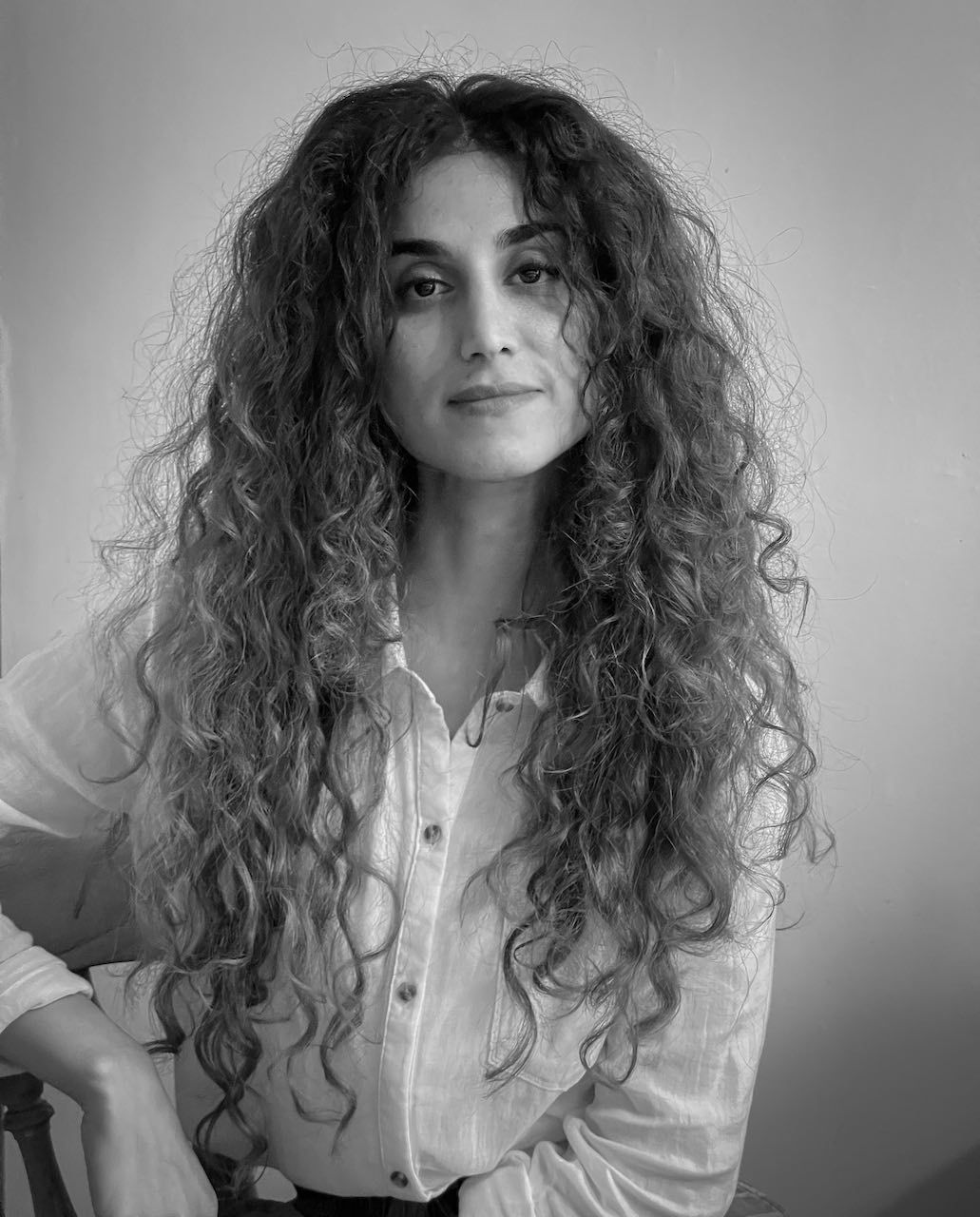
Rênas Babekir is a writer, archivist, cultural heritage preservationist, and filmmaker based between Kurdistan, Iraq, and the UK. Her work spans different fields and formats, focusing on collaboration with communities, particularly those whose histories and voices have been neglected or intentionally erased. Through oral history, archival work, and film, she aims to document, preserve, and reimagine cultural memory in ways that center lived experiences, intergenerational knowledge, and community care. Her projects have led to partnerships with museums, archive institutions, and civil society organizations such as the Endangered Material Knowledge Programme at the British Museum, the Pitt Rivers Museum, and the Zheen Archive Centre.